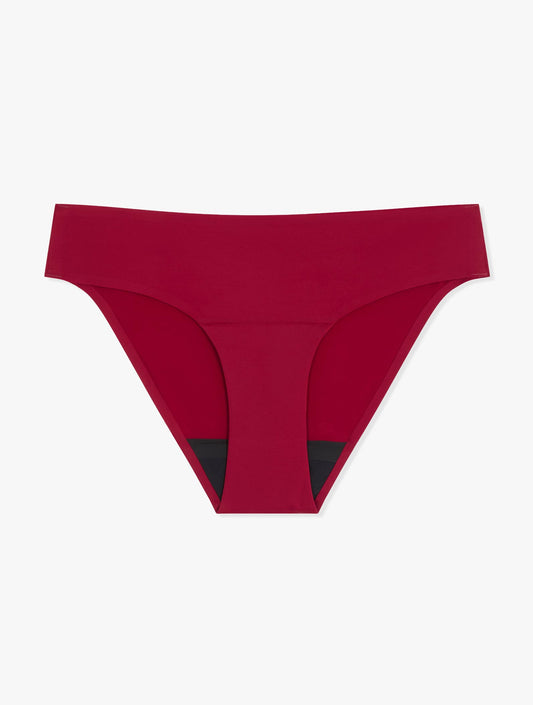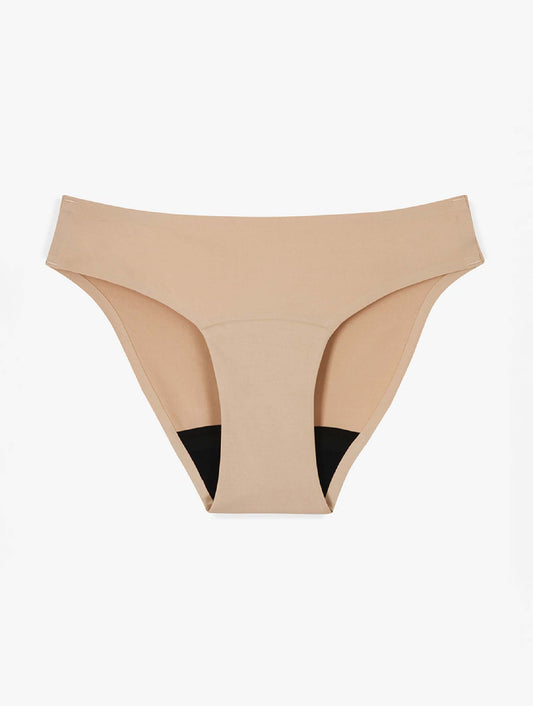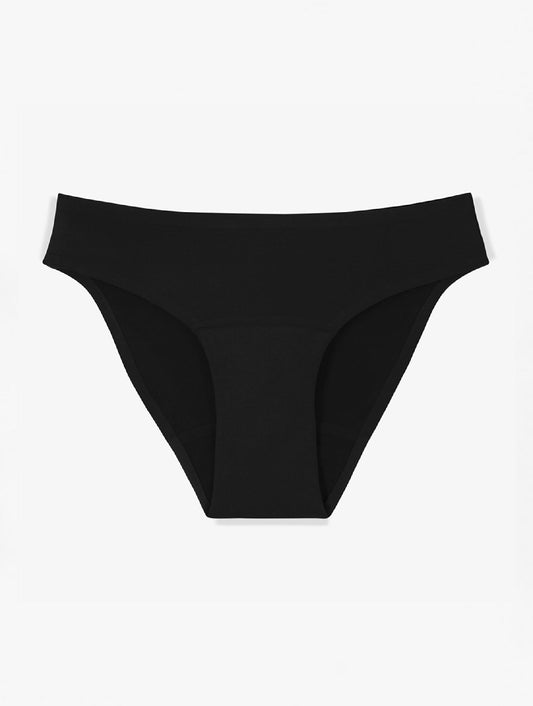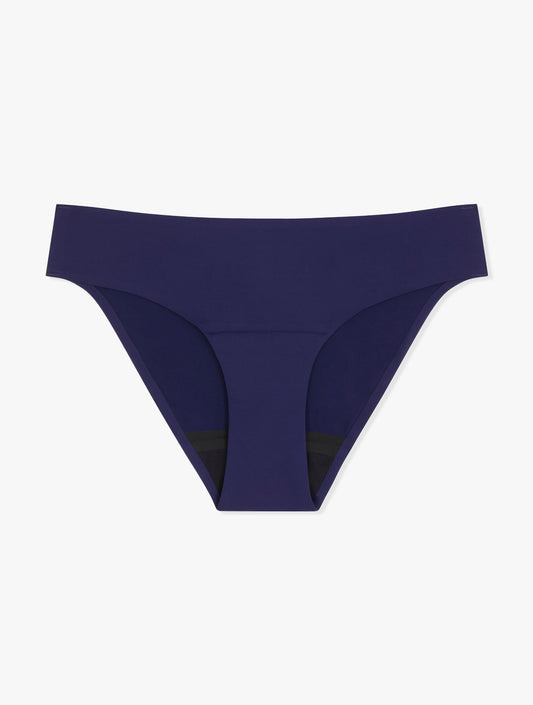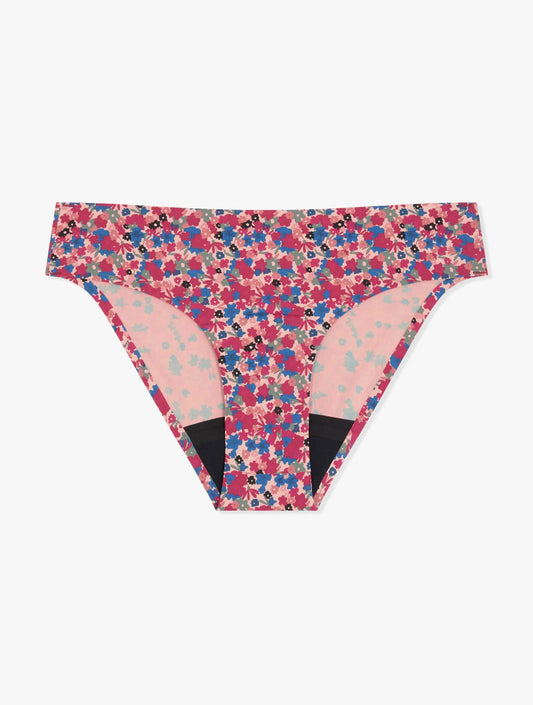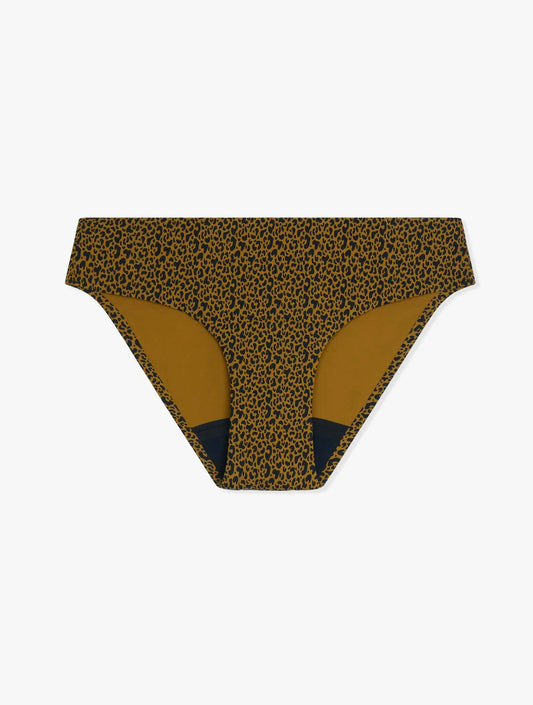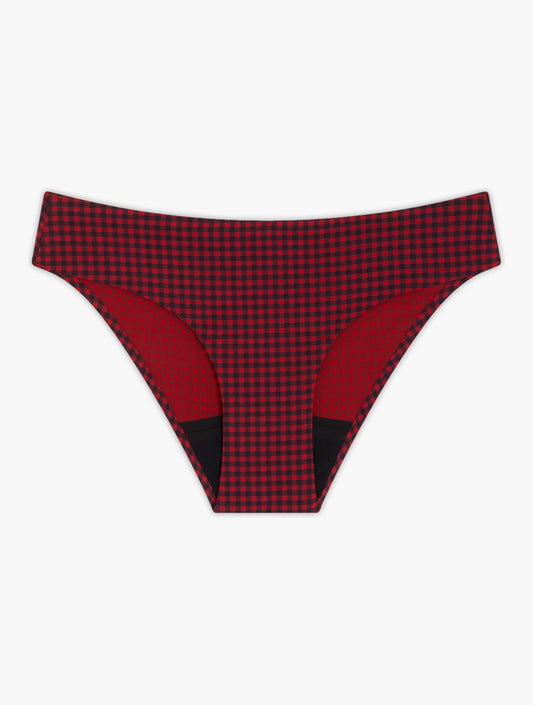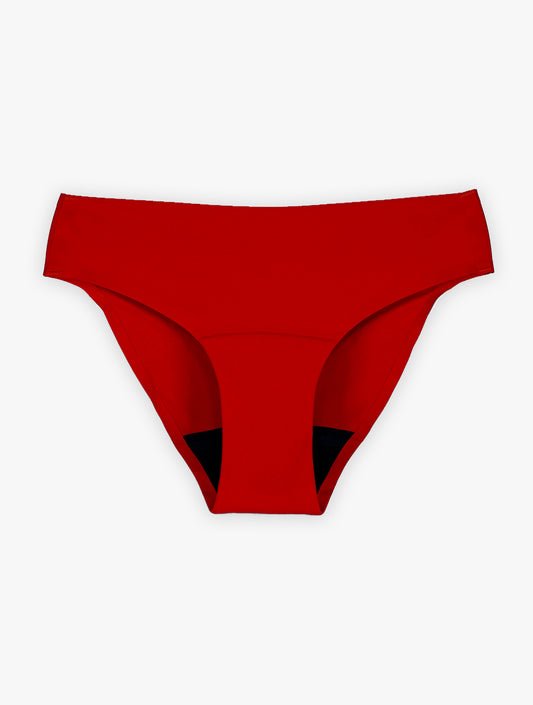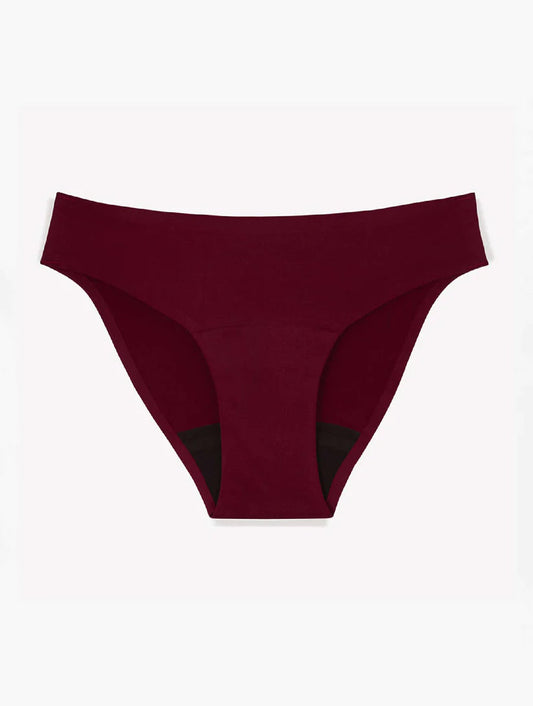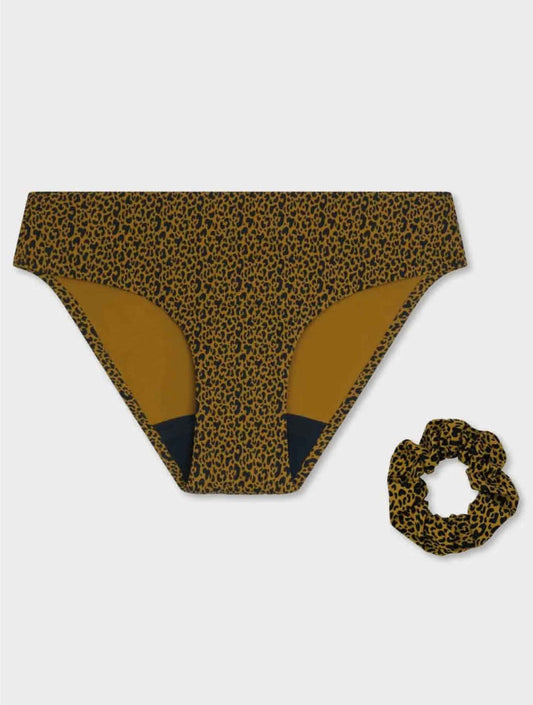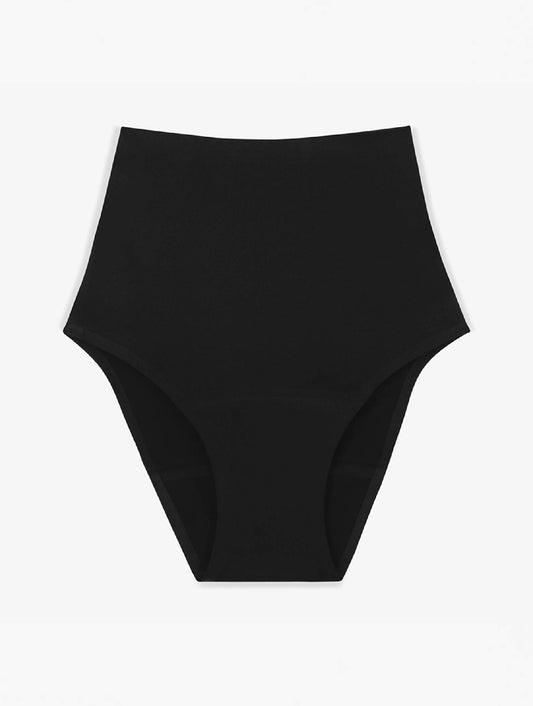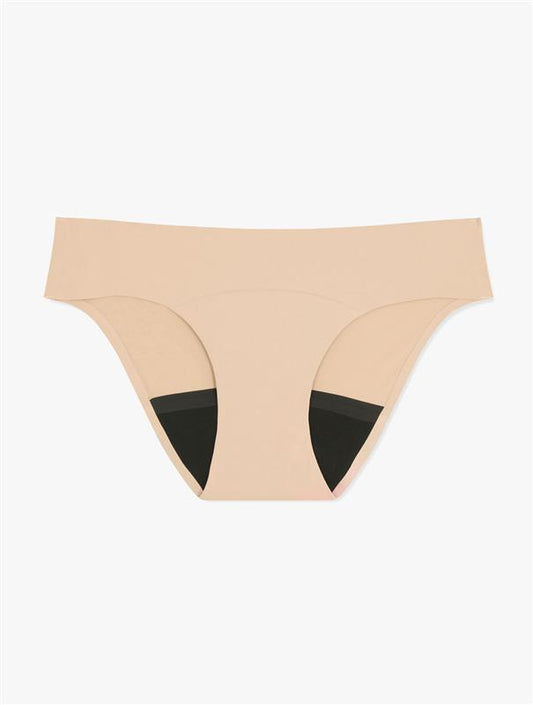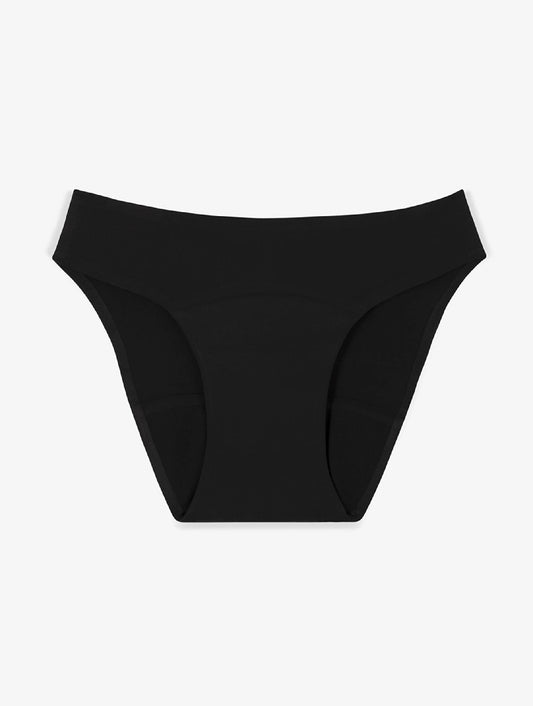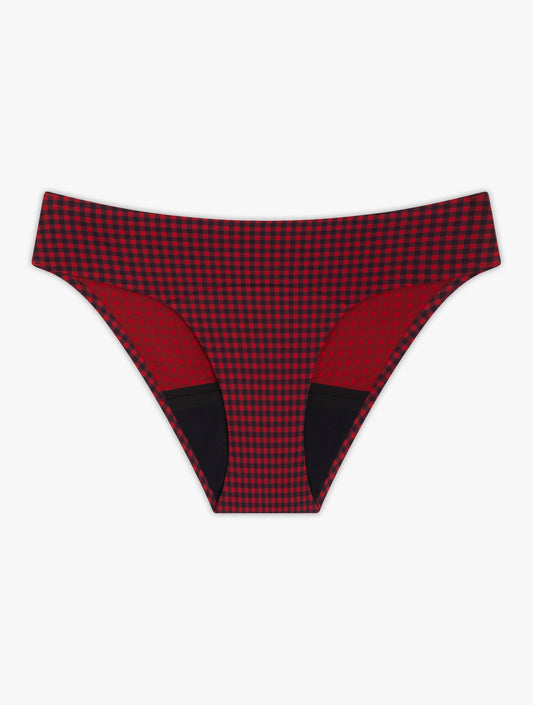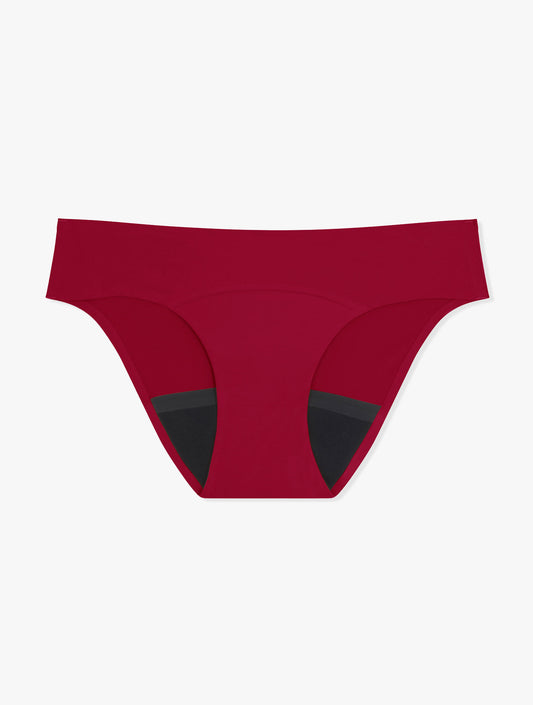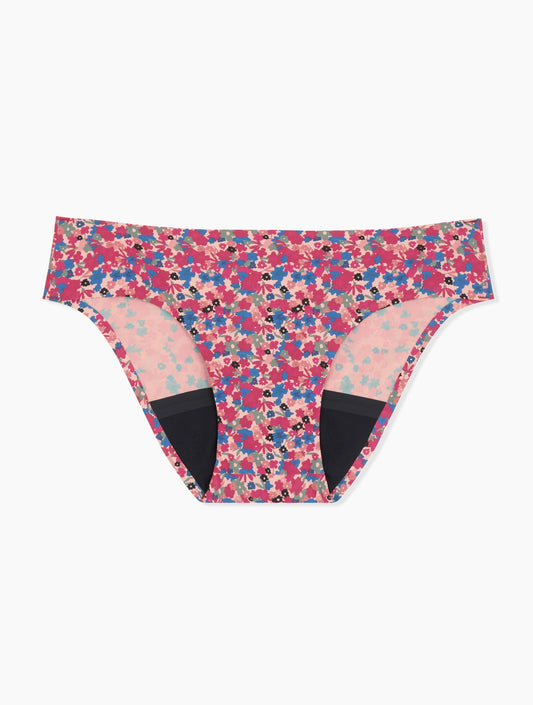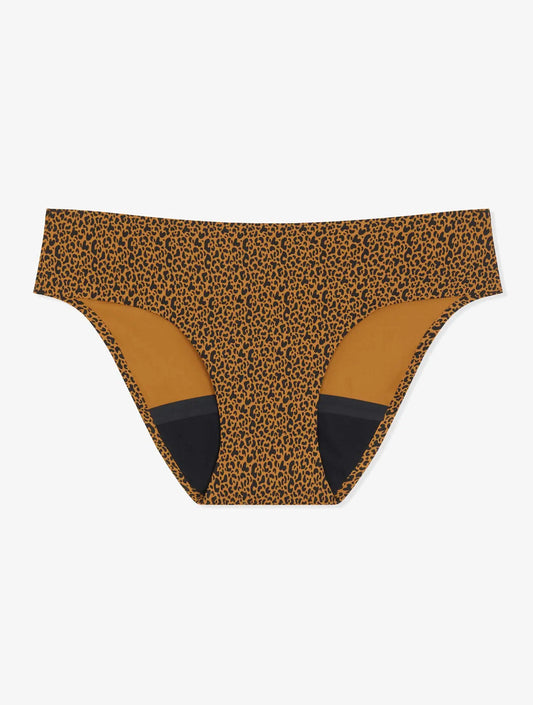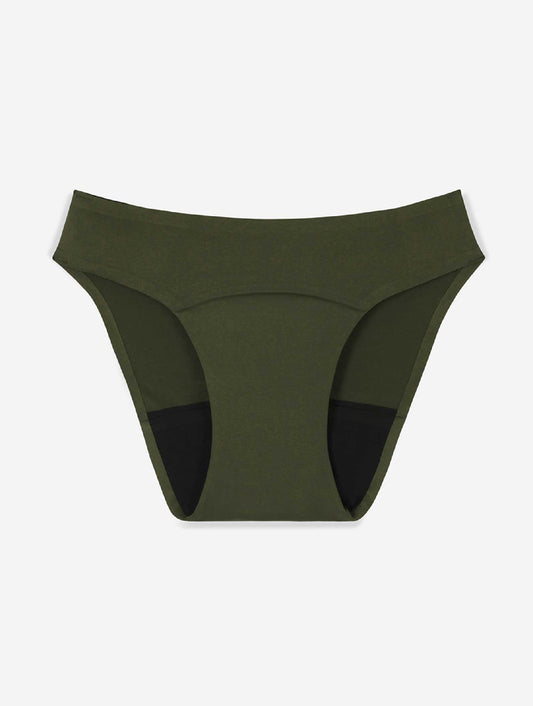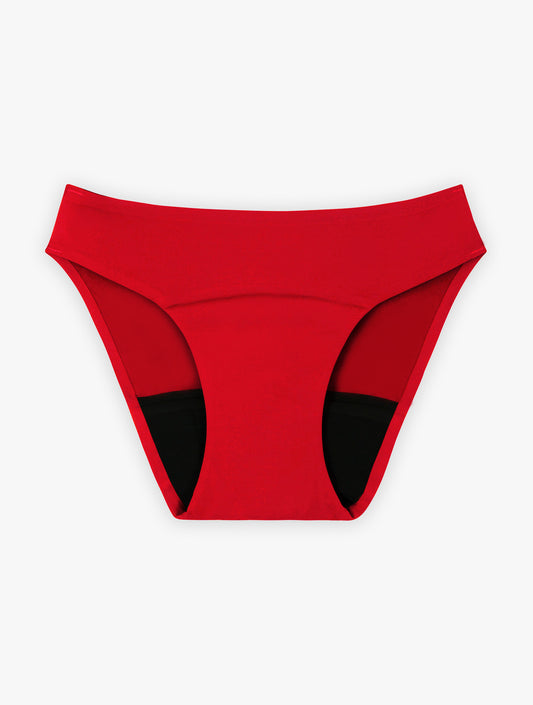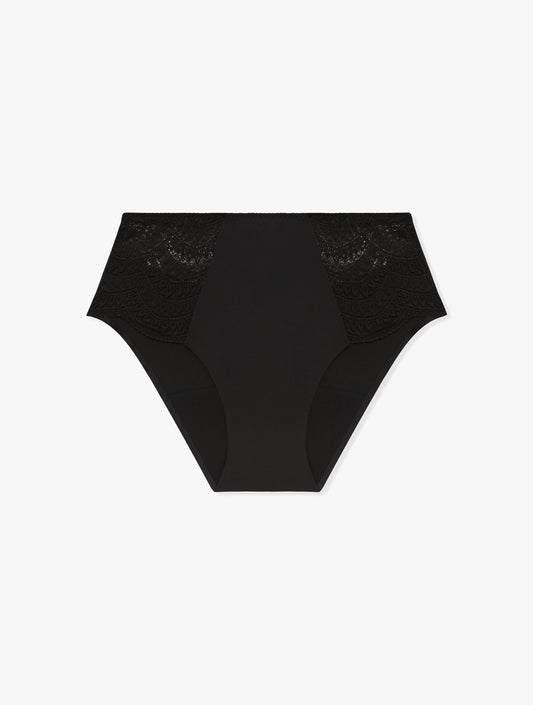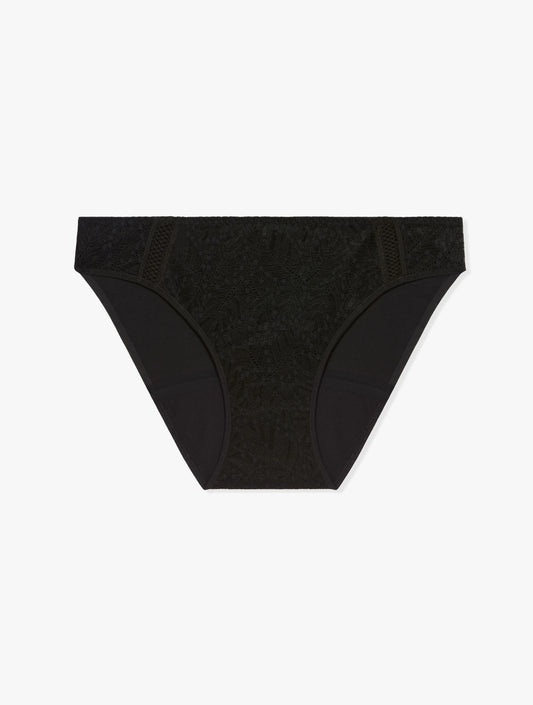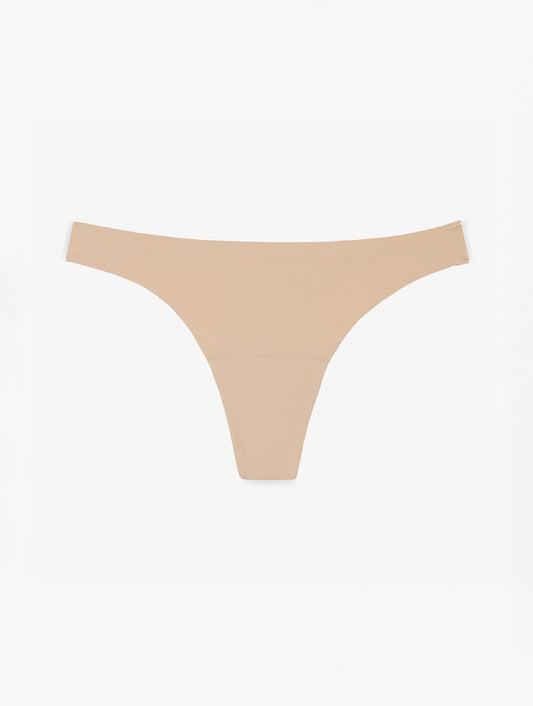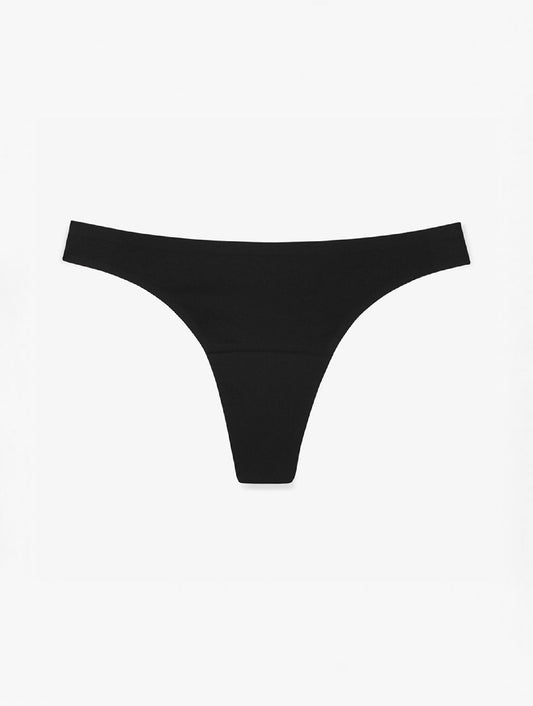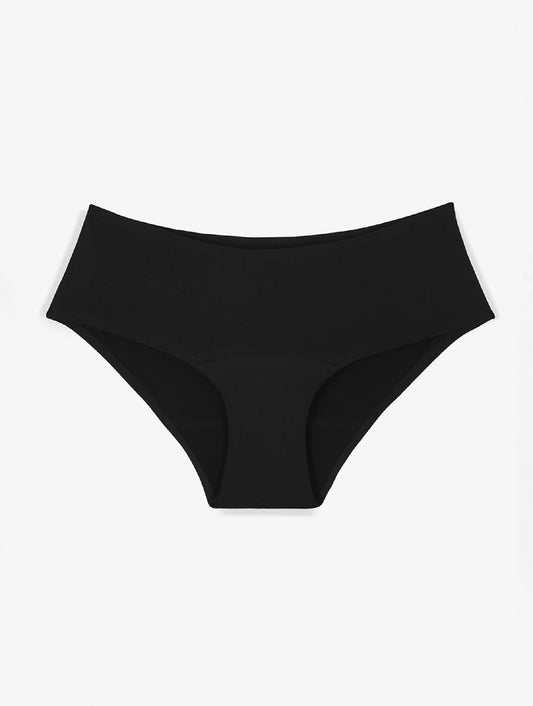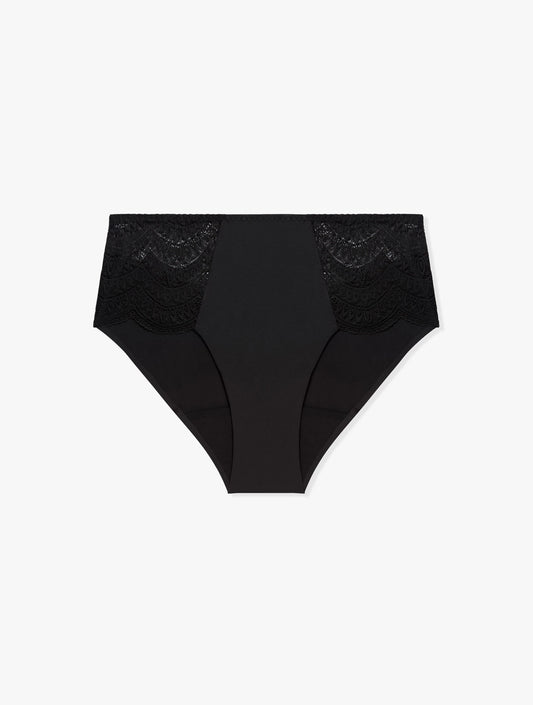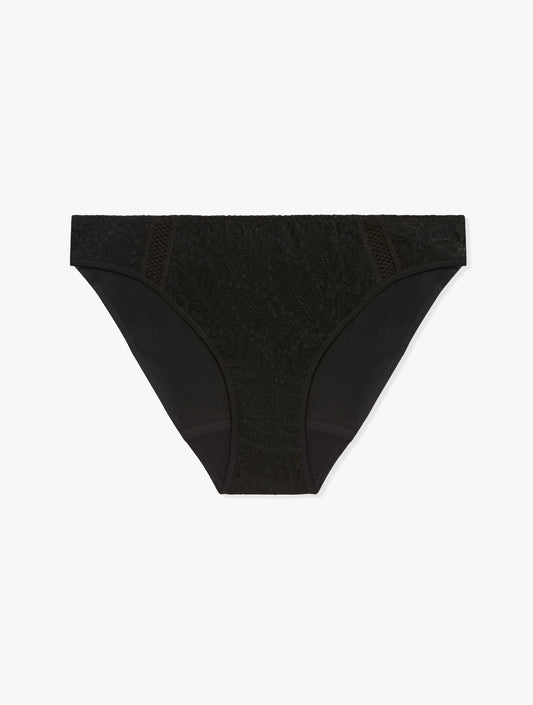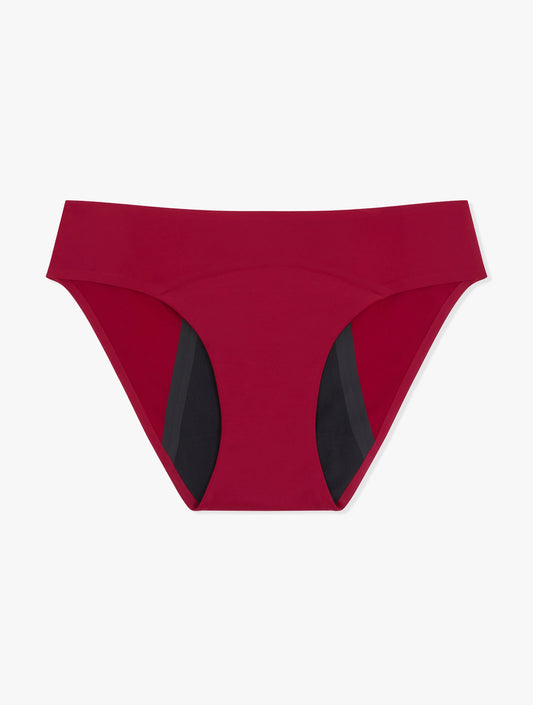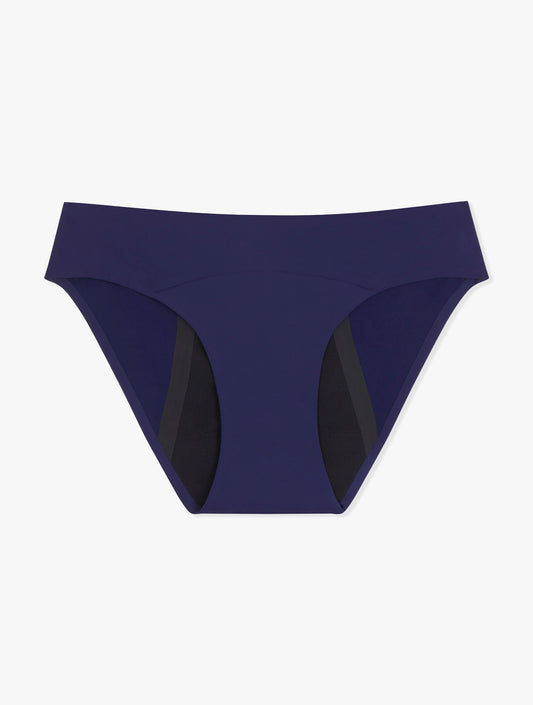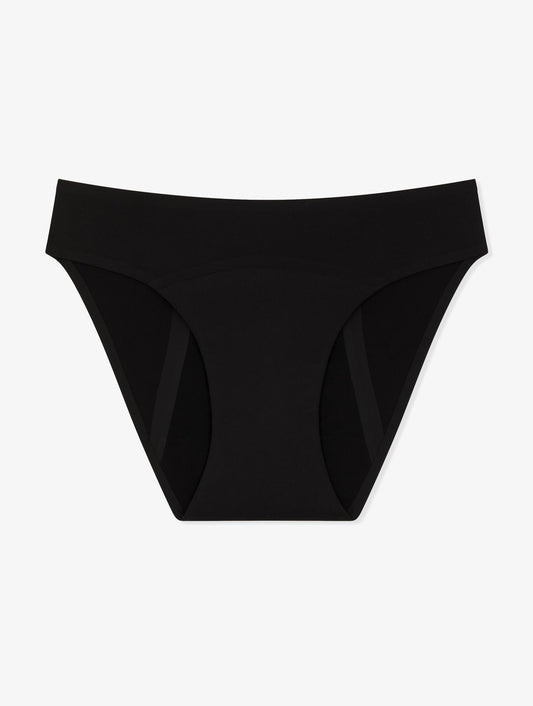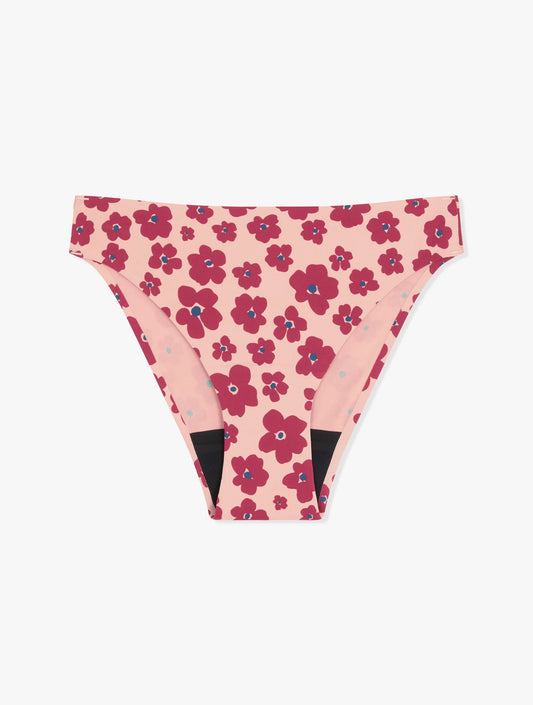Cystitis (Ouch, ouch, ouch): prevent and treat naturally
Raw vegetables, wet swimsuits, hot sand, sweating. And dehydration. Here is summer, its little joys and its little annoyances: I named cystitis. A urinary infection which is not necessarily seasonal but essentially feminine, cystitis is contracted more easily when it is hot and our diet varies. A quick update on this painful inflammation and the natural remedies to put in place to get rid of it.

Aquila cotton menstrual panties
39,00 €
30,00 €
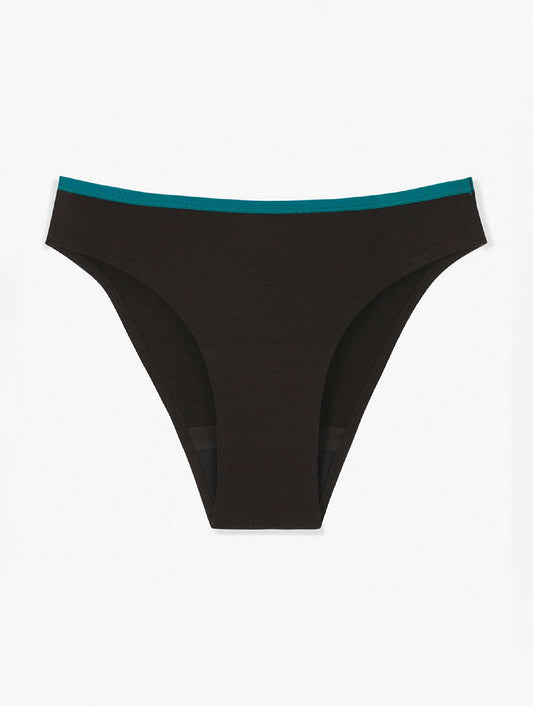
Ara cotton menstrual panties
35,00 €
25,00 €
Why do I have cystitis?
From the ancient Greek “κ υ ́ σ τ ι ς” (pronounced “cyst”) meaning bladder, and the suffix “-itis” referring to inflammation in medical vocabulary, cystitis is an inflammation of the bladder. This is caused by an infection of the urine via a bacteria, most often the famous Escherichia Coli. A bacteria that comes from our intestinal flora and can go up into our bladder via the urethra. It happens :
- in a woman when she wipes from back to front after urinating (the bacteria thus easily finding its way)
- at the beginning of one's sexual life, when the vaginal flora changes and cannot fight
- when you are very tired (with a flat immune system)
- when you don't drink enough water to eliminate bacteria
- when you do not urinate after sexual intercourse
- when you wear synthetic underwear and sweat in it
- when you wear a wet swimsuit for too long
- when you are constipated
- when we change our diet in summer (raw vegetables modify the pH of our intestinal flora)
Natural remedies for cystitis: the famous cranberry
Impossible to talk about cystitis without talking about cranberry (or cranberry for French speakers). This berry from cold regions is renowned for its antibacterial properties. It contains proanthocyanidins, polyphenols preventing bacteria from sticking to the walls of the mucous membranes of our urinary system. However, some scientists do not consider cranberries very effective unless you drink liters of them. But it is possible to drink as much as you want (be careful, only juice without added sugar, otherwise there is a risk of encouraging infections, since excess sugar harms the pH of the vaginal flora). Cranberry also exists in pharmacies in the form of granules or capsules, which allows it to be ingested in a more concentrated form. It is used for prevention, or as treatment. Plus it’s full of vitamins and antioxidants: a winning combo!
Insoluble fiber
When we are constipated, our stools stagnate in the rectum and thus encourage the proliferation of bacteria that can be transmitted to our bladder. To prevent cystitis, it is therefore important to take care of your transit. There's no secret to that: fibers, fibers, fibers! But insoluble fiber. They are what clean the intestinal walls and facilitate the evacuation of stools. On the fruit side, they are mainly found in raspberries, apples, strawberries, pears and bananas. As for vegetables: cauliflower, kale, spinach, green beans, peas and turnips are at the top of the list. Finally, legumes (lentils, chickpeas), whole wheat cereals or almonds and walnuts do the job well.
A summer hibiscus drink
Bissap is a delicious infusion of hibiscus flowers that can be enjoyed very cold. It is diuretic and extremely effective against digestive disorders, including constipation. Its slight laxative effect helps to clean the intestines but above all, hibiscus is recognized for its anti-urinary infection action by the EFSA (the European Food Safety Authority) because it prevents the stagnation of bacteria in the bladder by draining it. . For real effectiveness, a daily infusion containing 1.5 grams of flowers is recommended during times of crisis. To prepare yourself or to obtain in organic stores.
Appropriate periodic protection
During your period and like the rest of the month, it is strongly recommended not to wear underwear made of synthetic material when you are prone to yeast infections or cystitis. Adopt anti-bacterial menstrual panties with draining material to have peace of mind!
And simple gestures
To prevent cystitis, you must of course drink enough water every day, especially in summer (minimum 1.5 liters). Urinate after each sexual intercourse (this acts as a cleanse). Wipe yourself from front to back in the toilet. And pamper your immune system by eating a balanced diet, sleeping well and exercising regularly.
If your symptoms persist, you will find treatments without a prescription in pharmacies. Otherwise and in order to avoid any complications (infection affecting the kidneys), consult your doctor who will be able to prescribe an antibiotic: fosfomycin.
By Elise.


